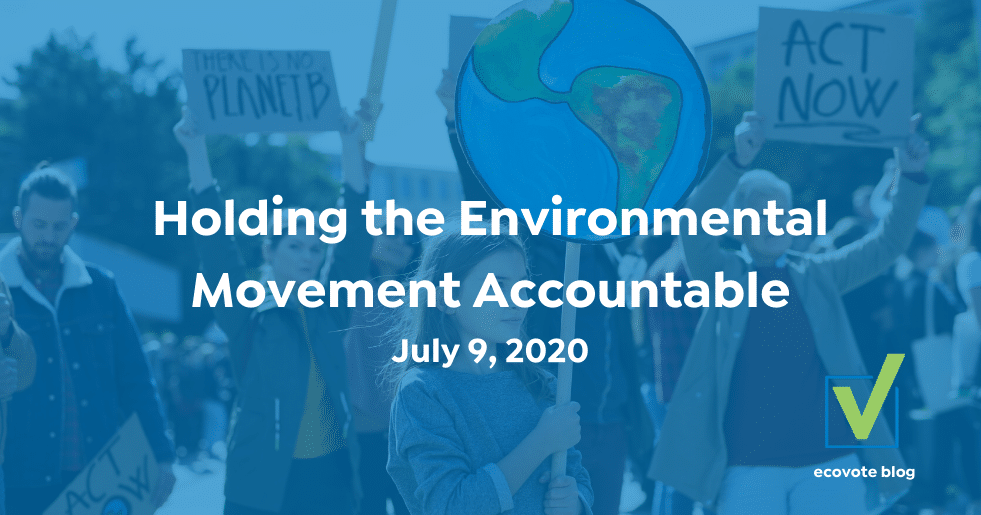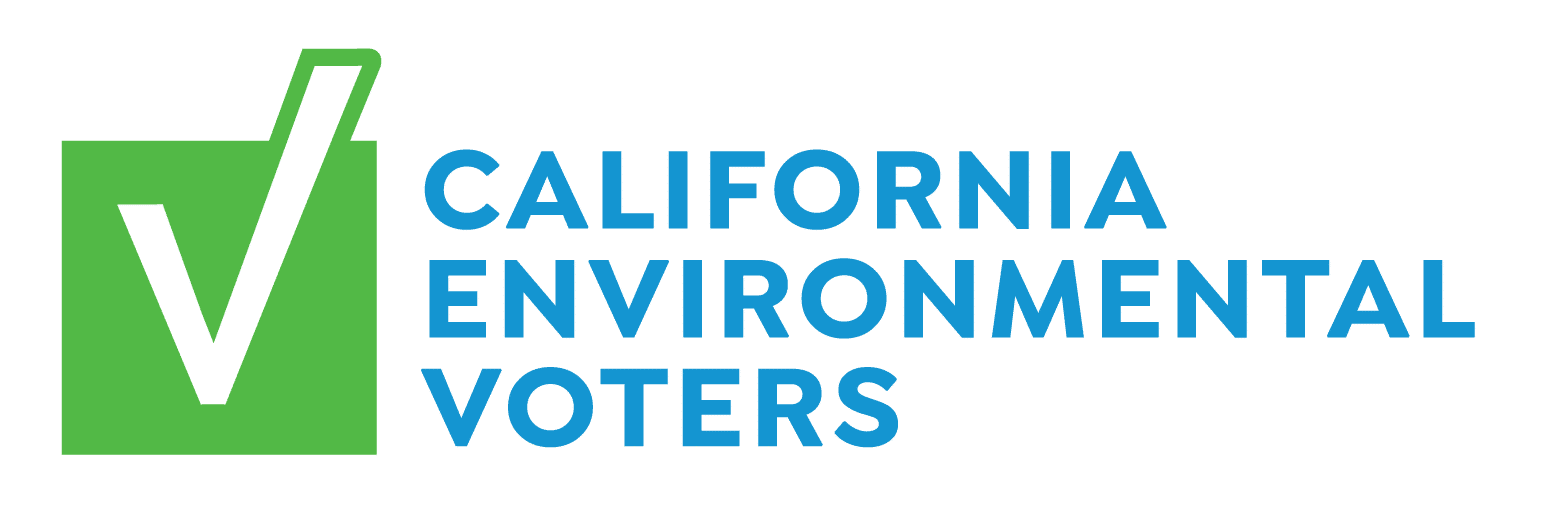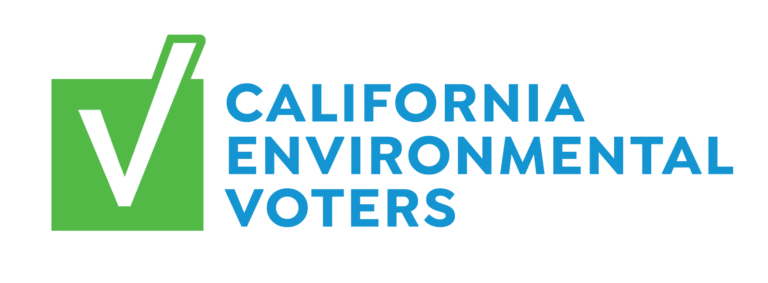
The fight against the climate crisis and systemic racism is undeniably connected. Systemic racism created the circumstances that severely restrict the power of Black, Brown and Indigenous communities. As a result, these are the same communities taking the brunt of the climate crisis because institutions prey on their limited ability to fight back.
The environmental movement has a history of white leaders who focus on protecting wildlife and public lands, but fail to address the impact of pollution and climate change on communities of color.
We cannot fight for climate action without doing the work to uproot systemic racism. This means we must hold our environmental movement accountable. We have put together a list of resources for you to learn, digest, and take action.
Watch:
- To start, here is a quick recap of the history of environmental justice in the U.S.
- This Tedx Talk given by Dr. Atyia Martin shows how the environmental movement leaves out people of color when it comes to climate action AND the economic opportunities which come from going green. She argues that by having separate environmental and environmental justice movements, both movements are at a disadvantage due to limited resources. Martin’s approach makes clear that an inclusive environmental justice movement is the best way for us to win this fight.
Read:
Next, let’s read. Here are a few articles which explain the history of the environmental movement as it relates to social justice:
- Environmentalism Was Once a Social-Justice Movement – The Atlantic
- Read Up on the Links Between Racism and the Environment – The New York Times
- Environmentalism’s Racist History – The New Yorker
- Engage, Connect, Protect: Empowering Diverse Youth as Environmental Leaders by Angelou Ezeilo and Nick Chiles
On social media, we recommend you check out our ongoing Twitter thread, with consistently updated articles on race as it relates to the environmental movement.
Listen:
We’re highlighting the Climate One podcast, where climate scientists, policymakers, activists and concerned citizens discuss clean energy, the economy and the environment. There are two episodes in particular we think will help you dive deeper into environmental justice:
- Real Talk: Racism and Climate — a recent episode produced since the killing of George Floyd that focuses on institutional racism and the tense relationship between environmentalism and communities of color.
- Dr. Robert Bullard: The Father of Environmental Justice — a one-on-one conversation on climate action and environmental justice with Dr. Robert Bullard, Distinguished Professor of Urban Planning and Environmental Policy, Texas Southern University.
At the end of the day, we recommend you learn about environmental justice and racism from Black, Brown, and Indigenous voices whenever possible.
One young climate activist we are listening to is Leah Thomas, founder of Intersectional Environmentalist. We encourage all of you to read Leah’s article “Why Every Environmentalist Should be Anti Racist”, where she calls on each of us to fight for Black lives the same way we fight for our planet. Thomas’ intersectional approach to environmentalism is the best way for us to protect our planet while dismantling systemic oppression.
“This is an inclusive version of environmentalism that advocates for both the protection of people and the planet. It identifies the ways in which injustices happening to marginalized communities and the earth are interconnected. It brings injustices done to the most vulnerable communities, and the earth, to the forefront and does not minimize or silence social inequality. Intersectional environmentalism advocates for justice for people + the planet.” -Leah Thomas
In order to advocate for the planet, we need to advocate for everyone living on it. Whatever solutions the environmental movement is advocating for must have everyone’s best interests in mind. We are committed to building a movement where everyone has a seat at the table.


